Summary
- Hosting your photos, documents, and other information in the cloud leaves you vulnerable to data breeches.
- Self-hosting services puts you in charge of how secure your information is.
- With self-hosted services, you can even choose to not connect that service to the internet at all for enhanced security.
Are you looking for ways to cut your reliance on the cloud, bring the services you use in-house, and bolster your online safety? If so, then you absolutely should replace cloud-hosted services with self-hosted alternatives. Here’s 12 privacy-focused self-hosted apps and the services they replace.
12
Frigate or Scrypted (Camera Recording)
For the privacy-conscious, cameras might be the first thing on your mind to self-host. There’s stories all over about cloud camera storage being hacked. From iCloud years ago to Wyze and eufy recently, having footage stored in the cloud is a security nightmare waiting to happen.
That’s why it’s a good idea to keep your security camera footage stored locally. I personally went the route of using Scrypted to host my NVR locally, but Frigate is also a fantastic choice.
Both programs can be run in Docker and allow you to integrate both third-party and ONVIF-supported cameras. Each offers a way to capture the footage locally on your own computer, and can be run offline so that way your camera recordings are air-gapped from the internet if you want.
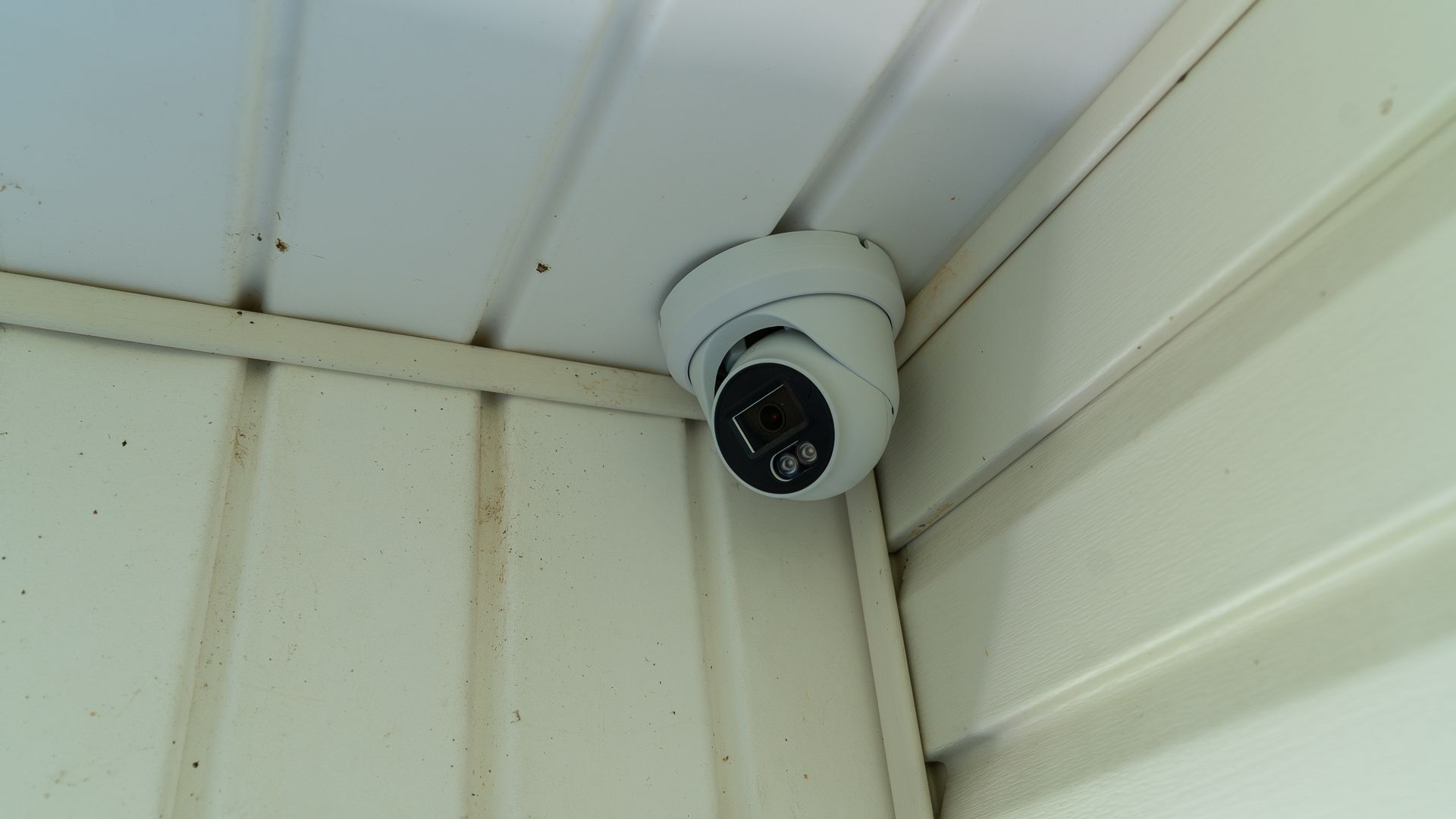
Related
Why and How I’m Switching to Local Storage for My Security Camera Setup
I’m done renting space in the sky.
11
Nextcloud (Cloud Storage)
Another area that’s ripe for privacy concerns is your cloud storage. Have you ever wondered just how much access Dropbox, Google Drive, or OneDrive has to your files? While they all say they can’t access your data, that doesn’t mean hackers won’t gain access in data breaches.
Self-hosting your cloud storage is a great way to secure your files and still access them remotely. For that, there’s nothing better than Nextcloud. While I do wish there was an easier-to-use piece of software out there, Nextcloud really is the best way to host a Dropbox-like software stack at home.
It’s easiest to set up with Docker Compose and is full-featured as a cloud file management stack. There’s document editors, chat systems, sharing setups, and more available through Nextcloud. If you’re wanting to take control of your files, then Nextcloud is the best option.

Related
How to Self-Host a Collaborative Cloud with Nextcloud and Docker
Nextcloud is an open-source file-sharing and collaboration platform to rival services like Google Workplace and Microsoft 365.
10
Immich (Photo Storage)
One of the most egregious data breeches relating to photos has to have been the iCloud Photo leak of 2014. Extremely private and sensitive photos were leaked to the world because they were not just stored in the cloud, but unprotected in how they were stored.
While it’s possible to have data breeches with self-hosted services, they’re typically nowhere near as frequent as massive hacks. Simply put, a self-hosted solution isn’t a big target.
That’s why I’ve moved a lot of my cloud-hosted photos to Immich. It’s a Google Photos and iCloud Photos replacement that you can host at home. Mine is accessible via the internet, but you can make it so yours never sees the light of day.
Immich offers machine learning algorithms to deliver image recognition so you can search for dog, and have pictures with a dog pull up, just like with both iCloud and Google Photos. It also supports geolocation, mobile uploads, sharing, and more depending on how you configure it.
So, if you want to back up your phone and camera photos to a cloud-like service, but without risking it being compromised, Immich is perfect for the job.
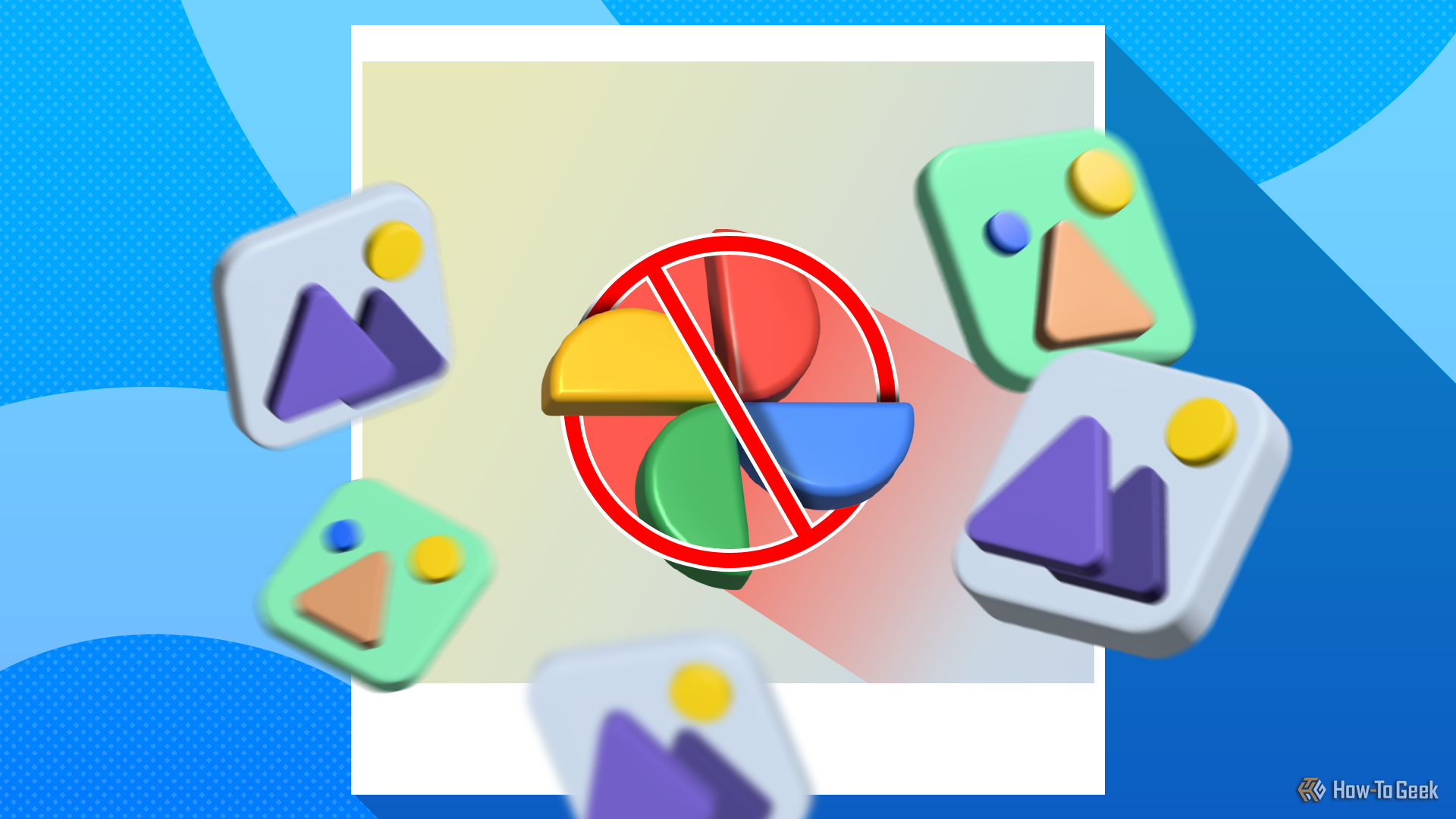
Related
How I Ditched Google Photos and Built My Own Photo Server
Goodbye Google.
9
Bitwarden (Password Management)
Bitwarden
Let’s face it, we all reuse (or have reused) passwords to some extent. It’s not the best practice, and we shouldn’t do it, but it’s inevitable. That’s where a password manager comes in.
I’ve personally used 1Password for years, and trust them to keep my data secure. However, there are those out there that won’t trust their passwords to any third party. That’s exactly why Bitwarden exists.
Bitwarden is a self-hosted password manager that lives on your own server. It’s as secure as you make it, which can be both good and bad.
You’ll find that Bitwarden has apps for all major operating systems, including iPhone, Android, Windows, macOS, and Linux. One thing to keep in mind with Bitwarden is that it does require a reverse proxy and domain name to function if you want to self-host it, so that’s something you’ll need set up on your server to use it.
However, once you have Bitwarden up and running, then you’ll be able to generate secure passwords and keep your data stored locally instead of on someone else’s server.
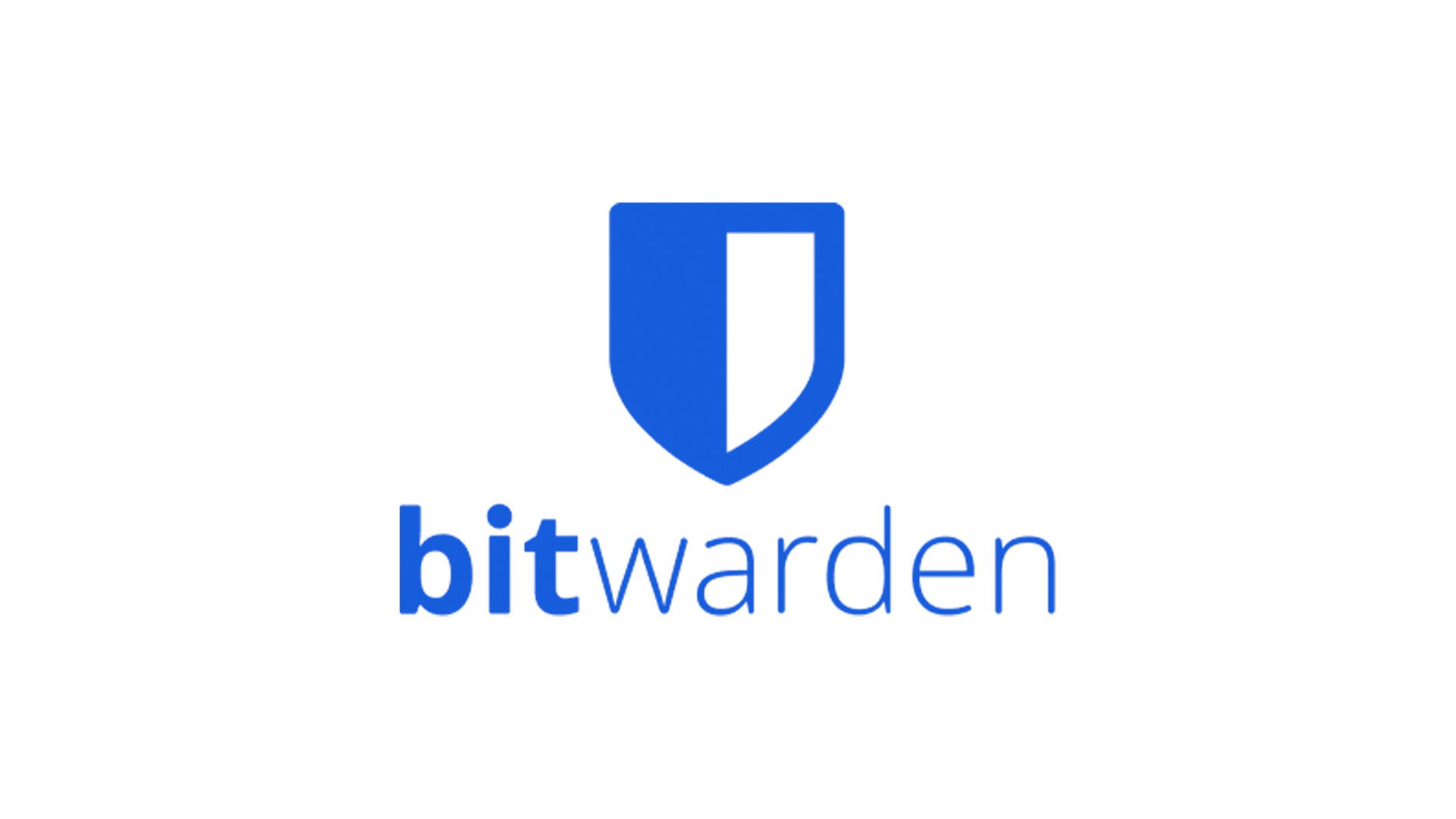
Related
Bitwarden Password Manager Review: A Very Cost-Friendly Option
Though it’s far from perfect, Bitwarden may be the best password manager for budget-conscious users.
8
Home Assistant (Smart Home Management)
Smart home platforms are a dime a dozen, and you never know what type of data is being collected with them. That’s why bringing all of your smart home management under one roof is crucial for extra privacy.
Home Assistant is a self-hosted smart home platform that has the ability to handle all processing locally. Depending on what smart devices you have, Home Assistant can either interface with them through the cloud or send the commands via your local network.
This means you’ll be able to really dial in your smart home setup to avoid having to reach outside of your house to control lights and switches, as well as keep your smart devices from reaching out to servers, sending who-knows-what information back home.
On top of that, Home Assistant also allows for local voice processing, something that Amazon recently got rid of with Alexa. So, if you’re looking to make your smart home next-level private, then give Home Assistant a try.
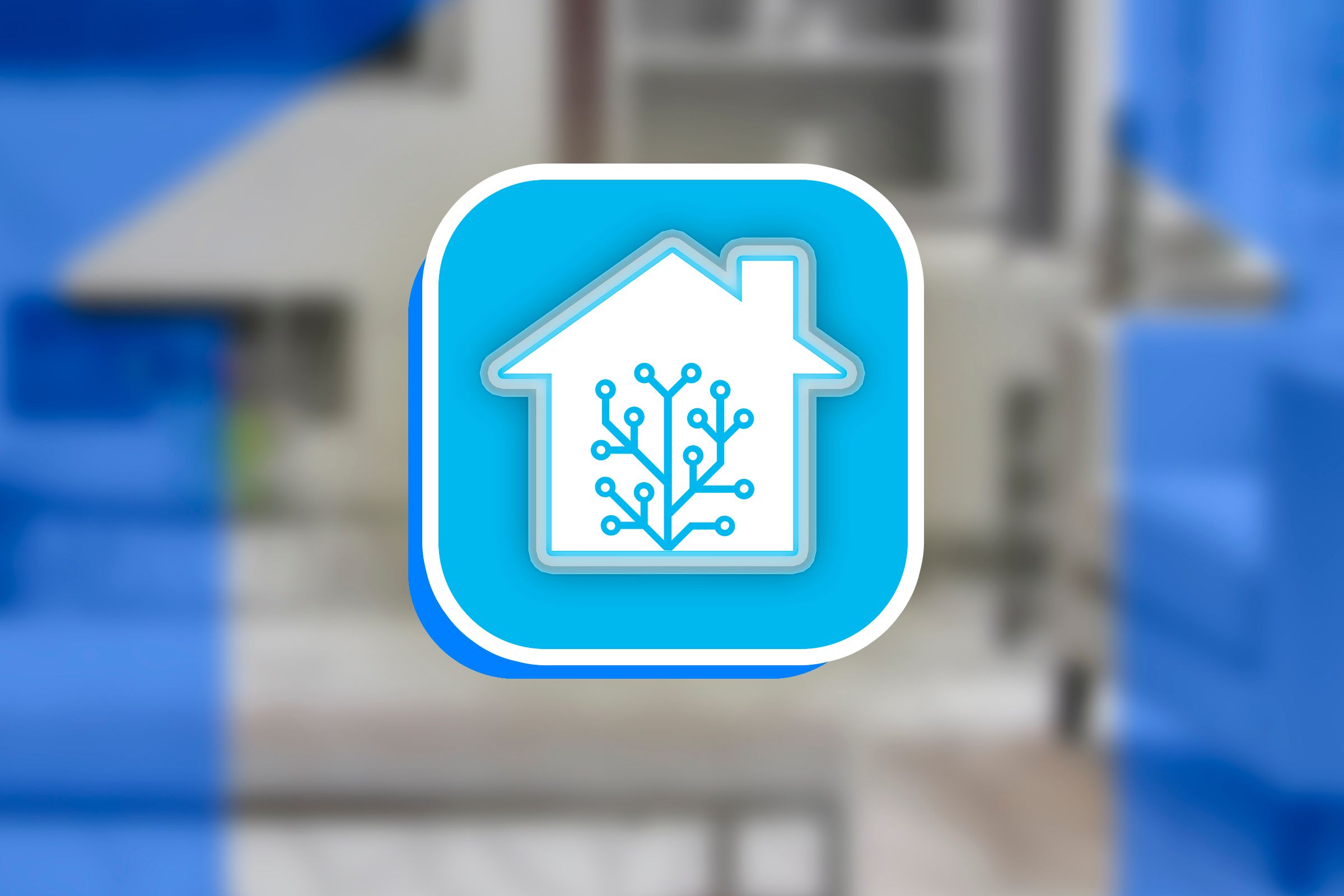
Related
What Is Home Assistant? And Why Isn’t Everyone Using It?
Get to know this open-source locally-controlled smart home platform.
7
Pi-Hole and Unbound (DNS)
Companies are collecting more and more information to use for targeted advertising and tracking, and not everybody is okay with that. Pi-Hole helps curtail that as a content blocker.
It can be used to block all sorts of content, and can be scaled up and down depending on what you want to get out of it. If you just want to use it as a content filter to keep adult-themed websites blocked on your network, it’ll do that. Want it to also block tracking from advertisers and companies? It can do that too.
Pi-Hole is as robust (or scaled back) as you make it. It’s even possible to set up your own authoritative name server at home. This is done with Unbound.
When you use Unbound, your DNS requests aren’t sent through Cloudflare, Google, or anyone else. Instead, the Unbound server reaches out to the primary DNS servers for each TLD to find out how to resolve a domain request. This allows your network traffic to be kept much more private than routing everything through your ISP’s DNS server.
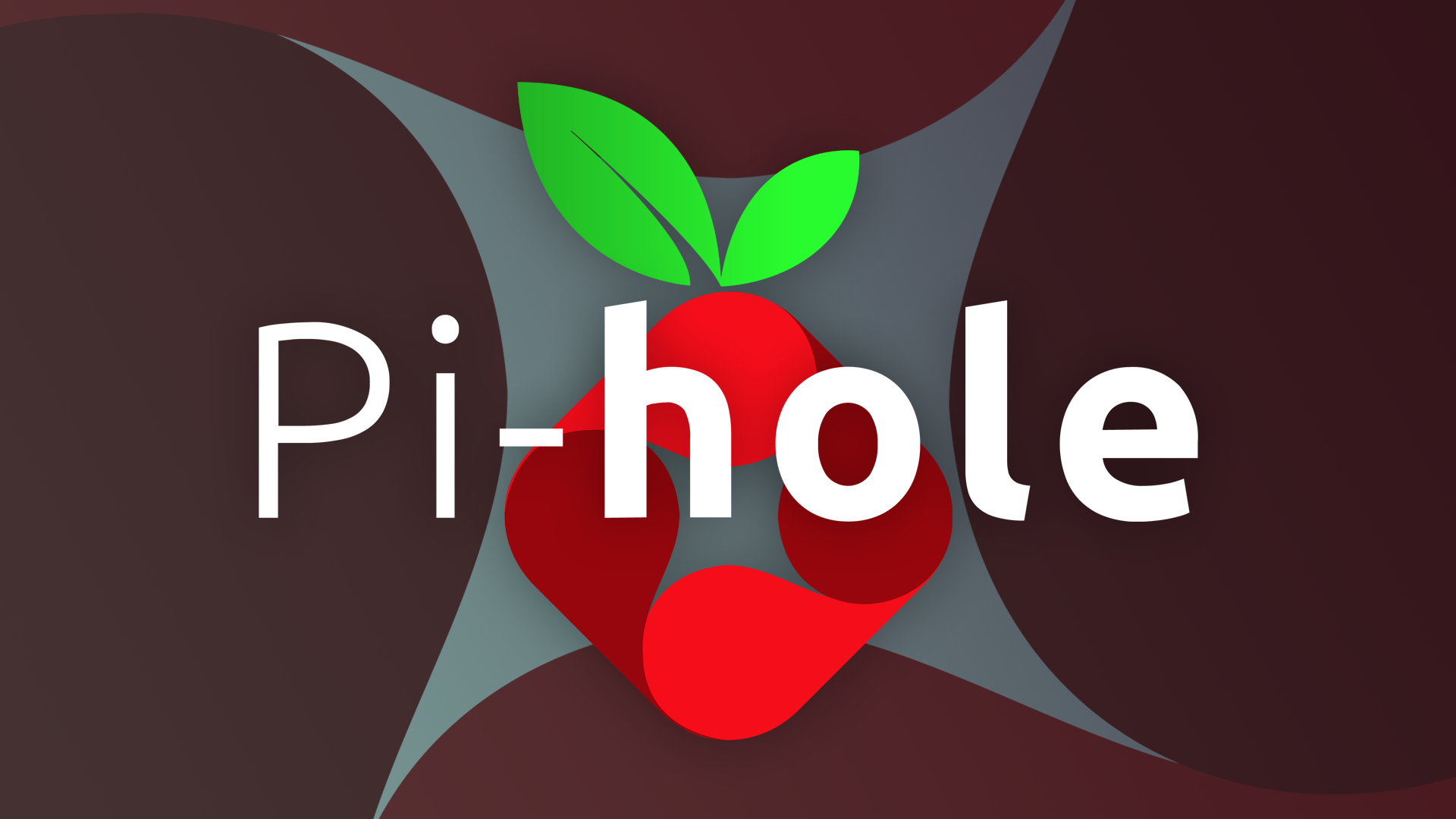
Related
Pi-Hole v6 Has Arrived: Here’s What’s New
A new interface, simpler configuration, and a whole lot more.
Everyone loves a good TV show or movie, but media providers collect a ton of information on us, as well as try to curate the ads they show to what they think we’ll want to see.
I honestly haven’t paid for a streaming service in half a decade. Why? I host my own streaming service through Plex. I have a massive library that I’ve built over the past 10 or more years, ripping my massive Blu-ray collection (which I was then able to get rid of so it wasn’t taking up space anymore), and borrowing movies and TV series from friends to add to my server.
You can do the same. It’s not difficult to get started with Plex or Jellyfin, and you’ll then be able to take your streaming habits into your own hands. I highly recommend doing this, as it’ll keep your watch data away from big companies like Disney and Netflix, allowing you to just enjoy what you like, ad-free, and without big brother watching.

Related
What Is Plex and How Does It Work?
Streaming services are just as expensive as cable. So, why not make your own streaming service with Plex?
5
Audiobookshelf (Audiobooks)
In my drive to rid myself of services that I don’t want knowing too much about me, I came across Audiobookshelf. It’s a self-hosted media server that can host audiobooks much like Plex or Jellyfin. However, unlike Plex and Jellyfin, it’s purpose-built to do audiobooks and nothing else.
My experience with Audiobookshelf has been superb. The interface is great, the service works great, and it has allowed me to ditch services like Audible.
You’ll need to find services that let you download an audiobook’s source file to use Audiobookshelf, or find a way to extract them from other sources like Audible. However, once you have the MP3 or M4B file, then Audiobookshelf works great.
Using a service like Audiobookshelf means I don’t have to worry about Audible taking away a book that I’ve purchased because it has been removed from the library. Plus, nobody but me will see my listening stats, and that just feels good.
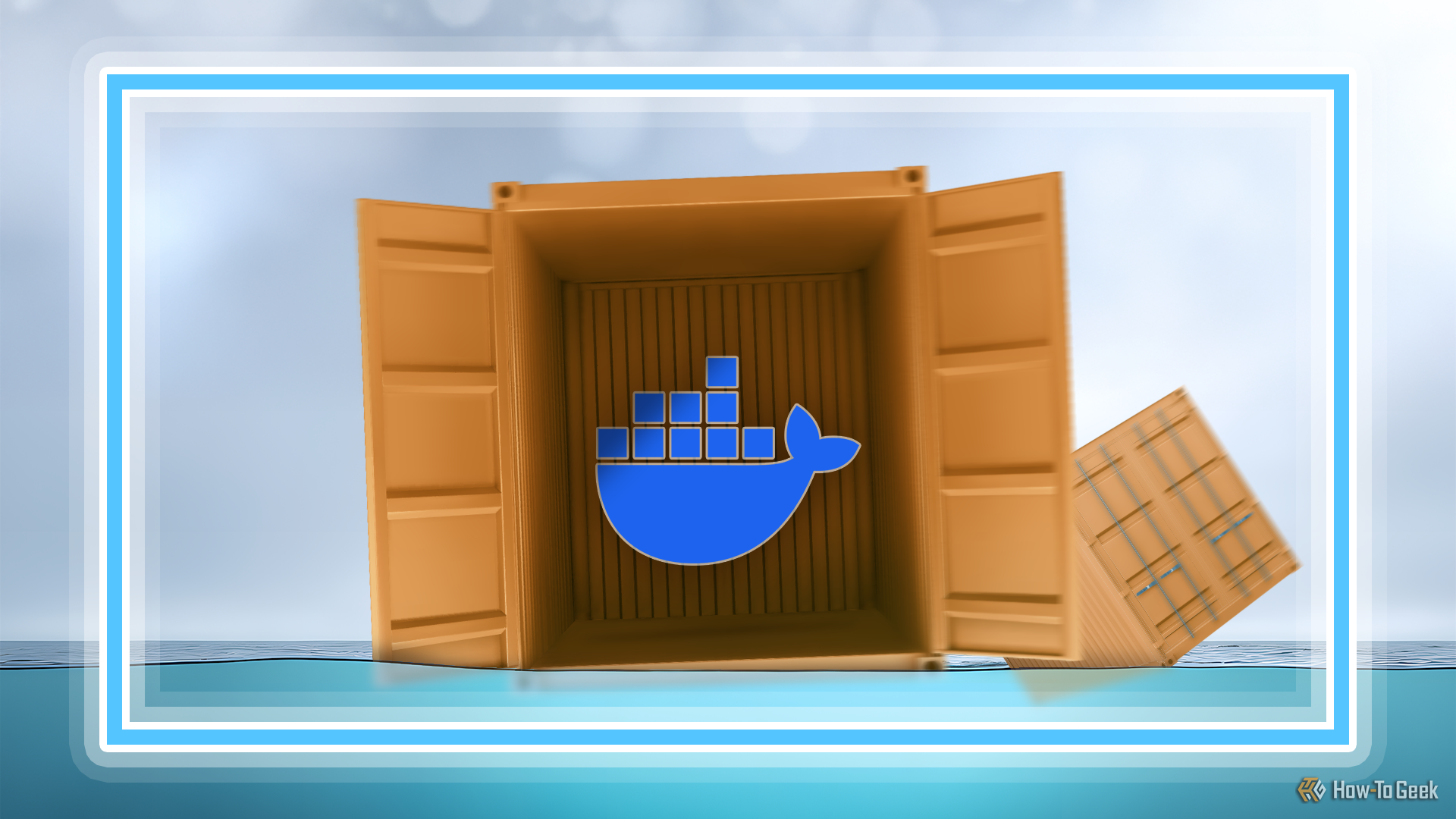
Related
10 Docker Containers Every Homelabber Should Run
How many of these containers do you already run?
4
Calibre / Kavita (eBooks)
In a similar vein, Calibre and Kavita are both great options to get out of the Kindle ecosystem. Like Audiobookshelf, you’ll need to purchase or download eBooks from sources that allow you to access the EPUB file to upload.
However, once you get that eBook file, the Calibre and Kavita will let you ditch the ties to Amazon’s Kindle services and take back your eReading habits. This is great, especially since Amazon just removed the ability to download your own books.
Since Amazon is known for removing books from its own library, which, in turn, removes it from yours, you can rest assured you won’t be affected when that happens again.

Related
I Gave Up on Kindle and Built My Own eBook Server With Calibre
Because “purchase” shouldn’t come with an asterisk.
3
GitLab (Code Revision)
GitHub is a gold standrd respository service for code storage and collaboration. However, while you might technically own the code you put there, that doesn’t mean it’s completely private.
That’s where GitLab comes in. With GitLab, you can self-host your own remote git repository. It’s a full code revision platform that handles commits, tracking, files, projects, and more.
Moving your projects to GitLab means you won’t be burdened by GitHub’s free plan limits, and you’re also in control of your own projects in their entirety. Want a project to be private? Easy. Want to know that it’ll always stay private? Even easier.

Related
How to Deploy a GitLab Server With Docker
GitLab is a leading platform for hosting Git repositories, CI pipelines, and DevOps workflows.
2
Focalboard (Project Management)
I’m a huge kanban board fan when it comes to project management. We use Asana here at How-To Geek, and I even use Asana personally to manage my projects and tasks. I used to use Trello, Todoist, ClickUp, and other similar programs, too.
However, if privacy is your main concern, then using third-party clients like that just won’t cut it. Instead, check out Focalboard. While there’s no dedicated mobile apps, Focalboard is a full project management system similar to Asana and ClickUp that can be hosted at home.
You’re in charge of everything with it, including how secure the server is, whether it’s accessible outside your network, and who has access to it.
1
Paperless-ngx (Document Scanning and Management)
Document management is one of those things that’s always a pain to do. Finding a good service to handle your documents is not easy. Many years ago, I used Neat, but then I stopped because the subscription was just too much. That and I didn’t want them to have access to all the documents I keep scanned for tax purposes and such.
With Paperless-ngx, you’re able to self-host your own document management service. It handles all the organization, displaying, and other management tasks when it comes to PDFs.
This means that you can choose to keep it completely isolated from external internet access so there’s zero chance your documents can be leaked, making it great for storing sensitive information that you want to ensure never falls into the wrong hands.


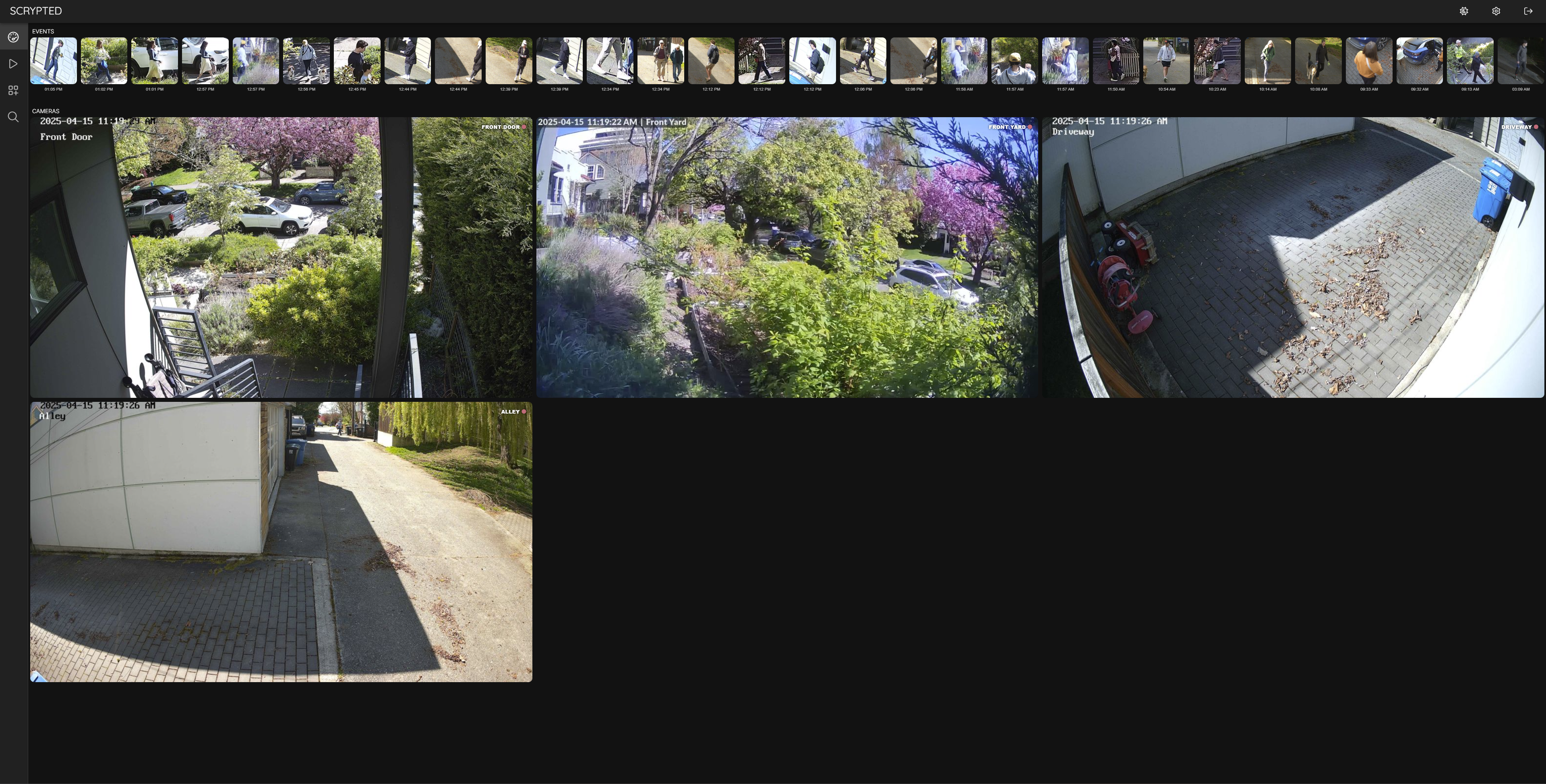
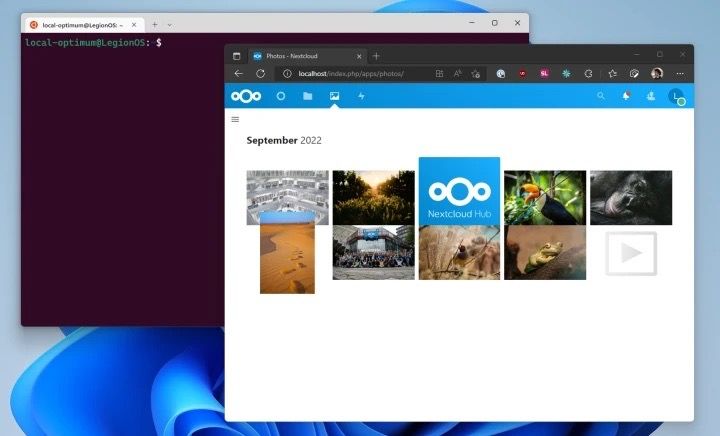
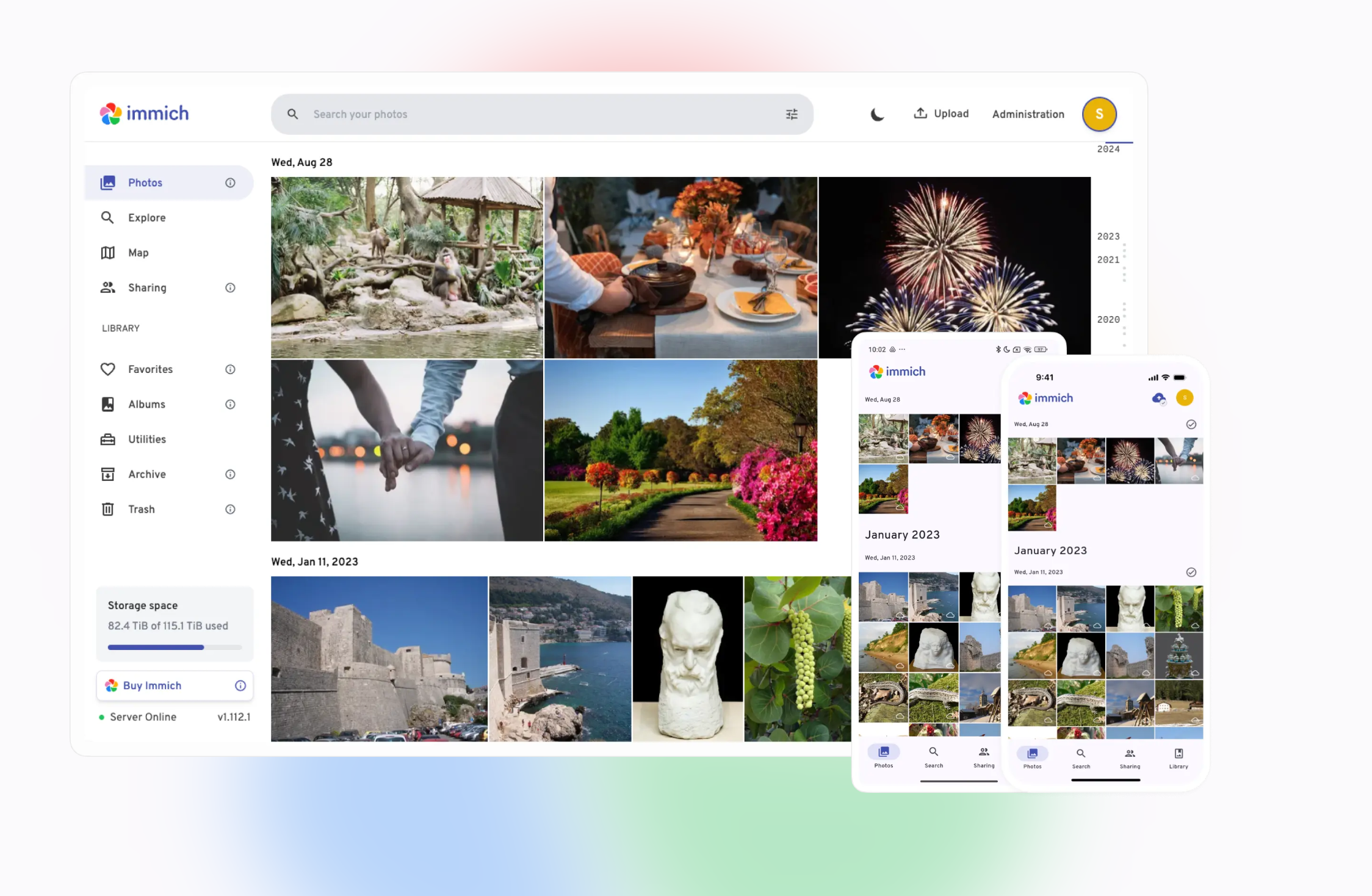
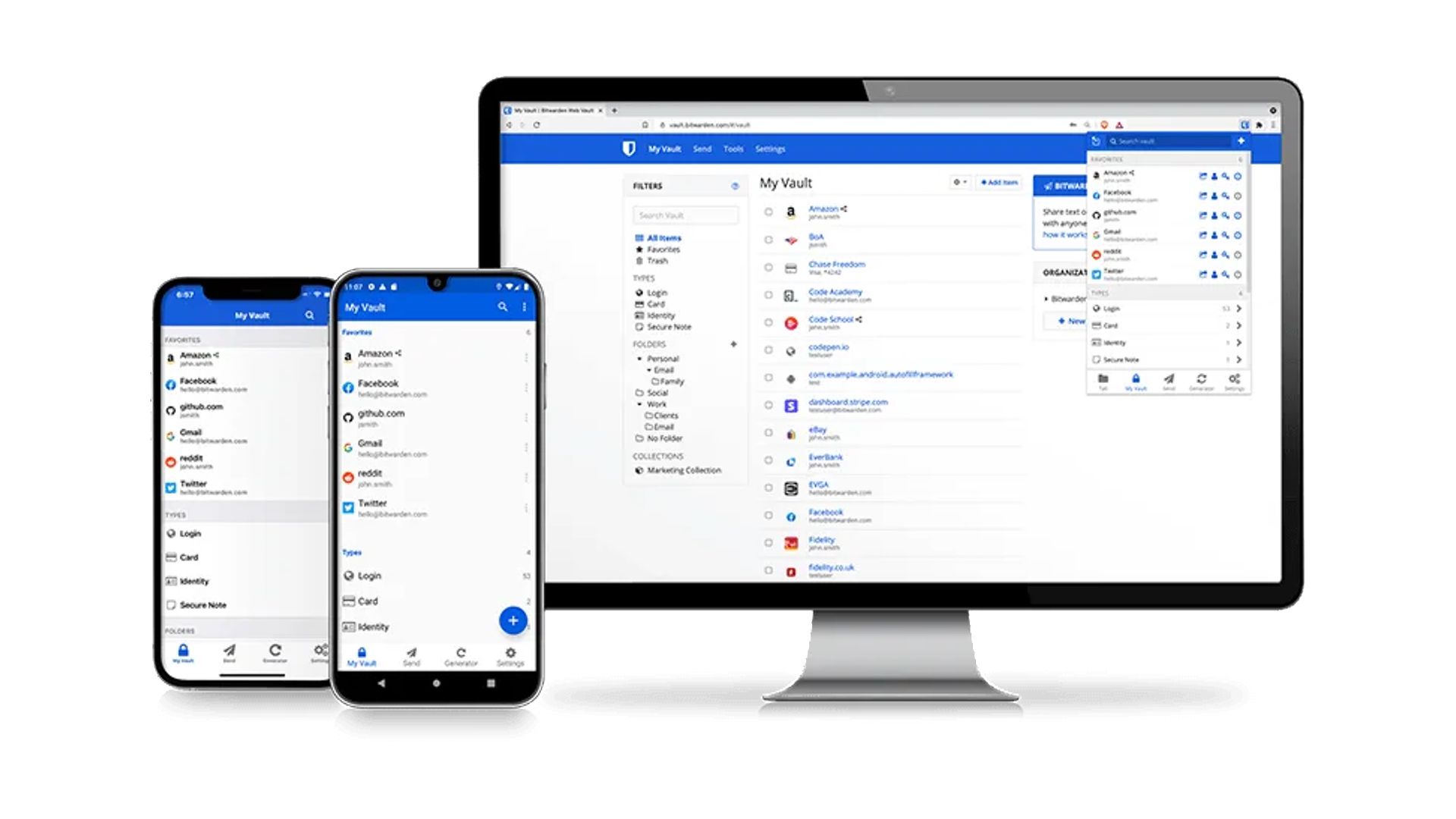
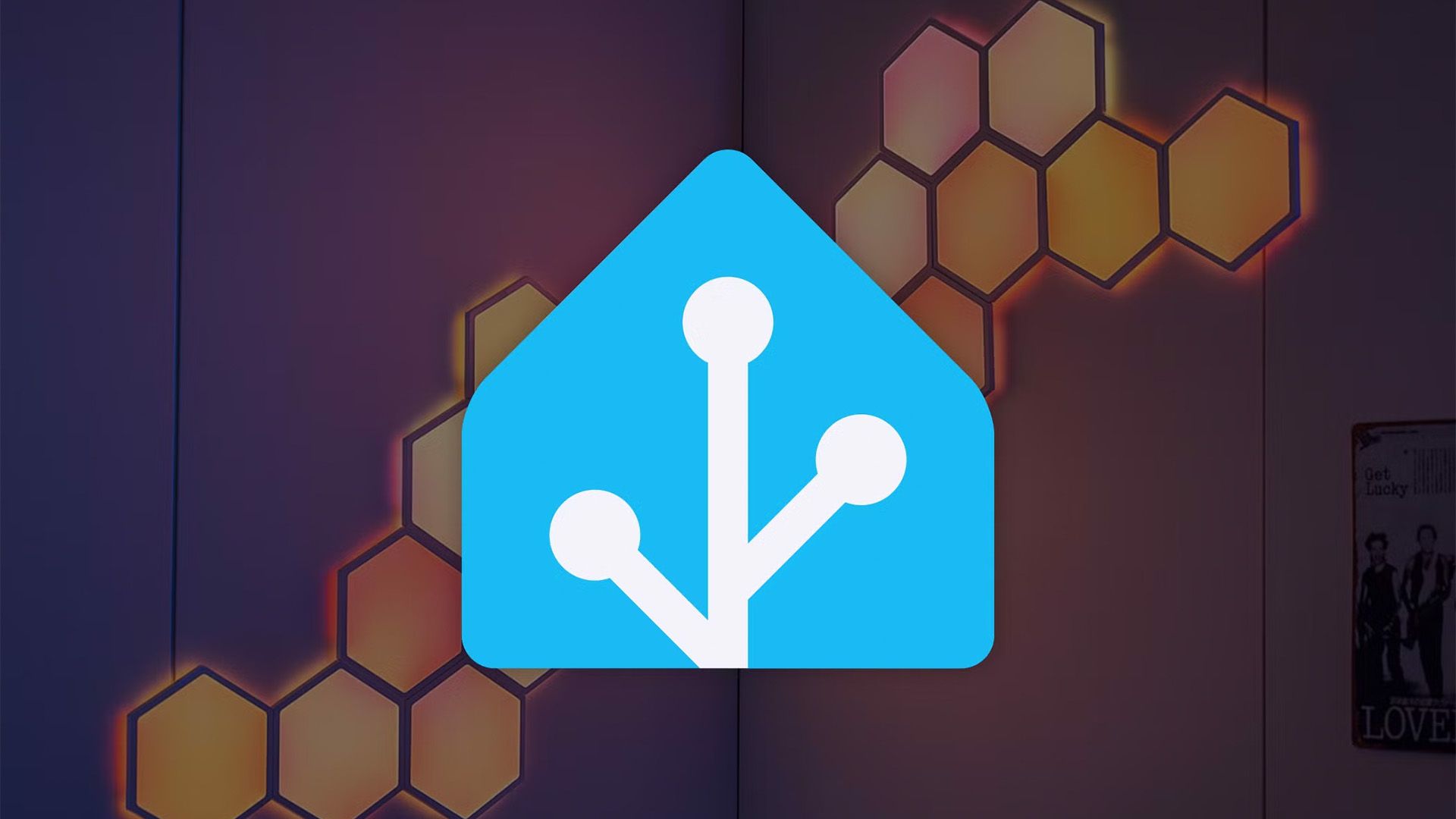
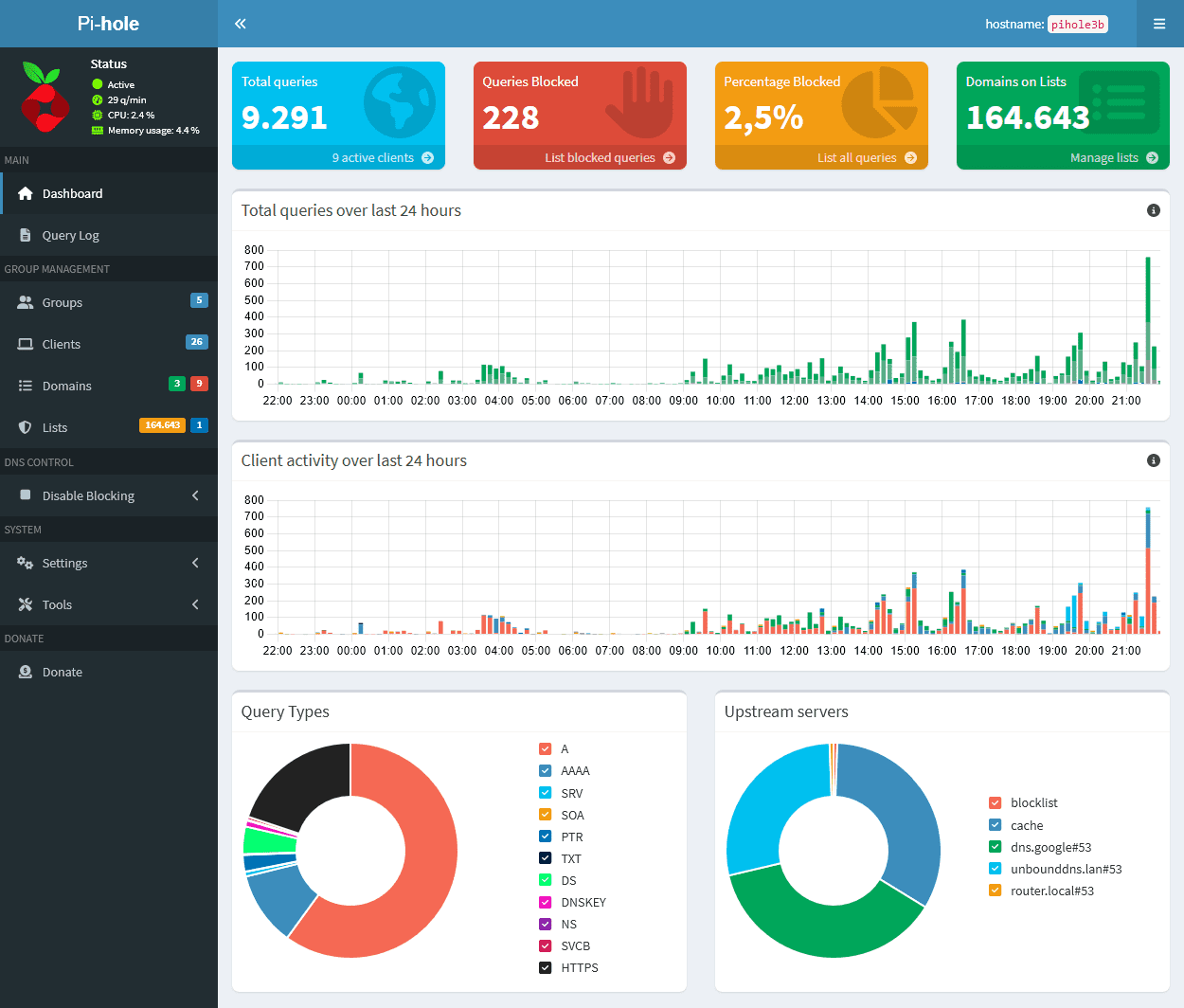

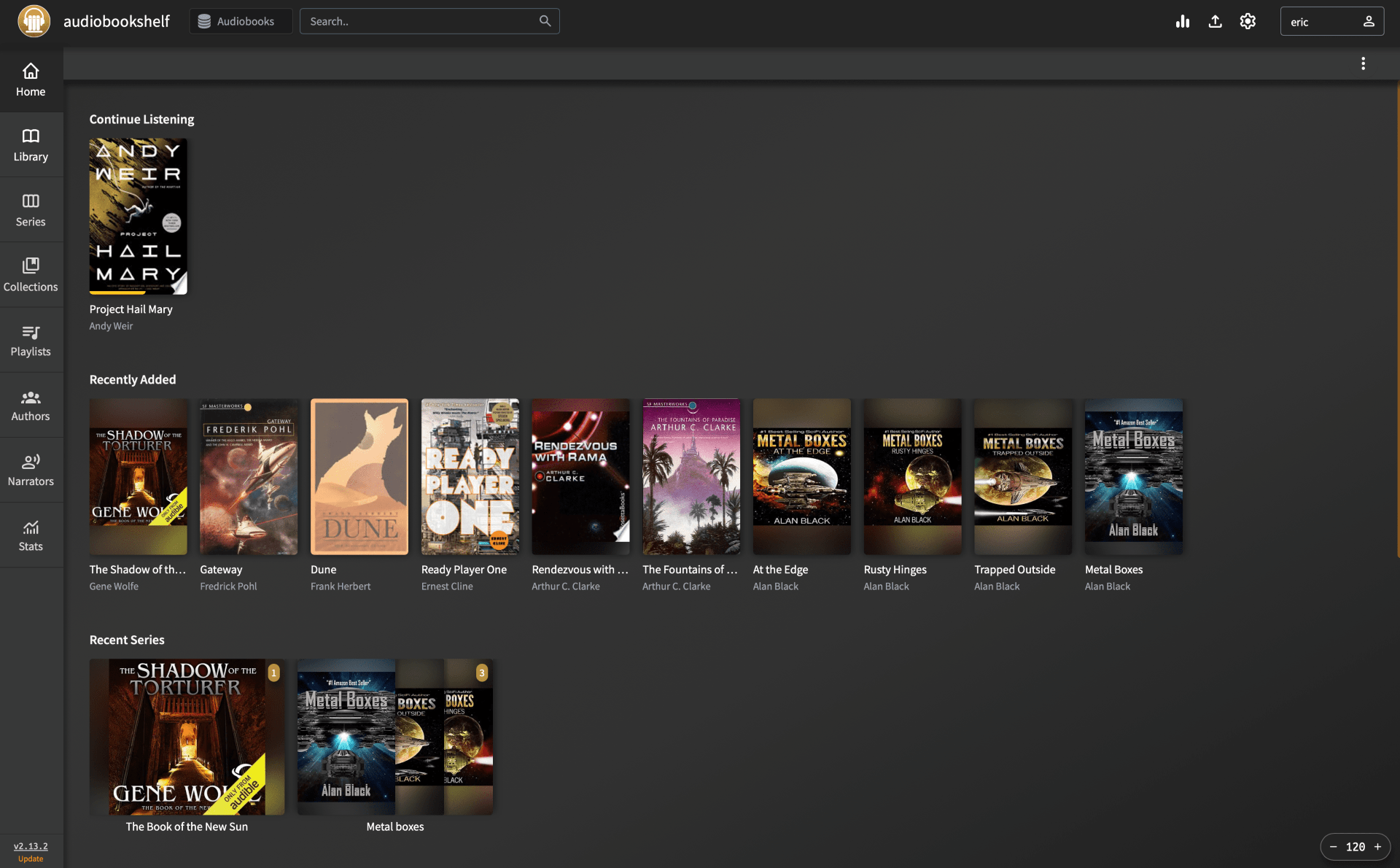

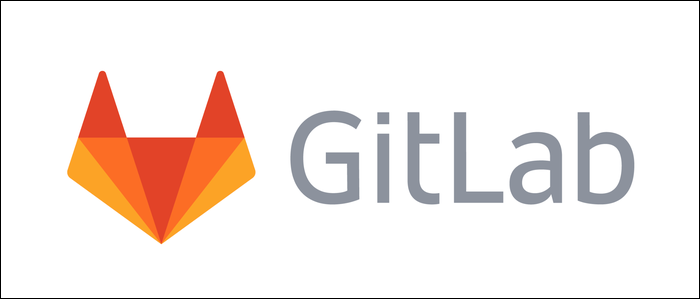
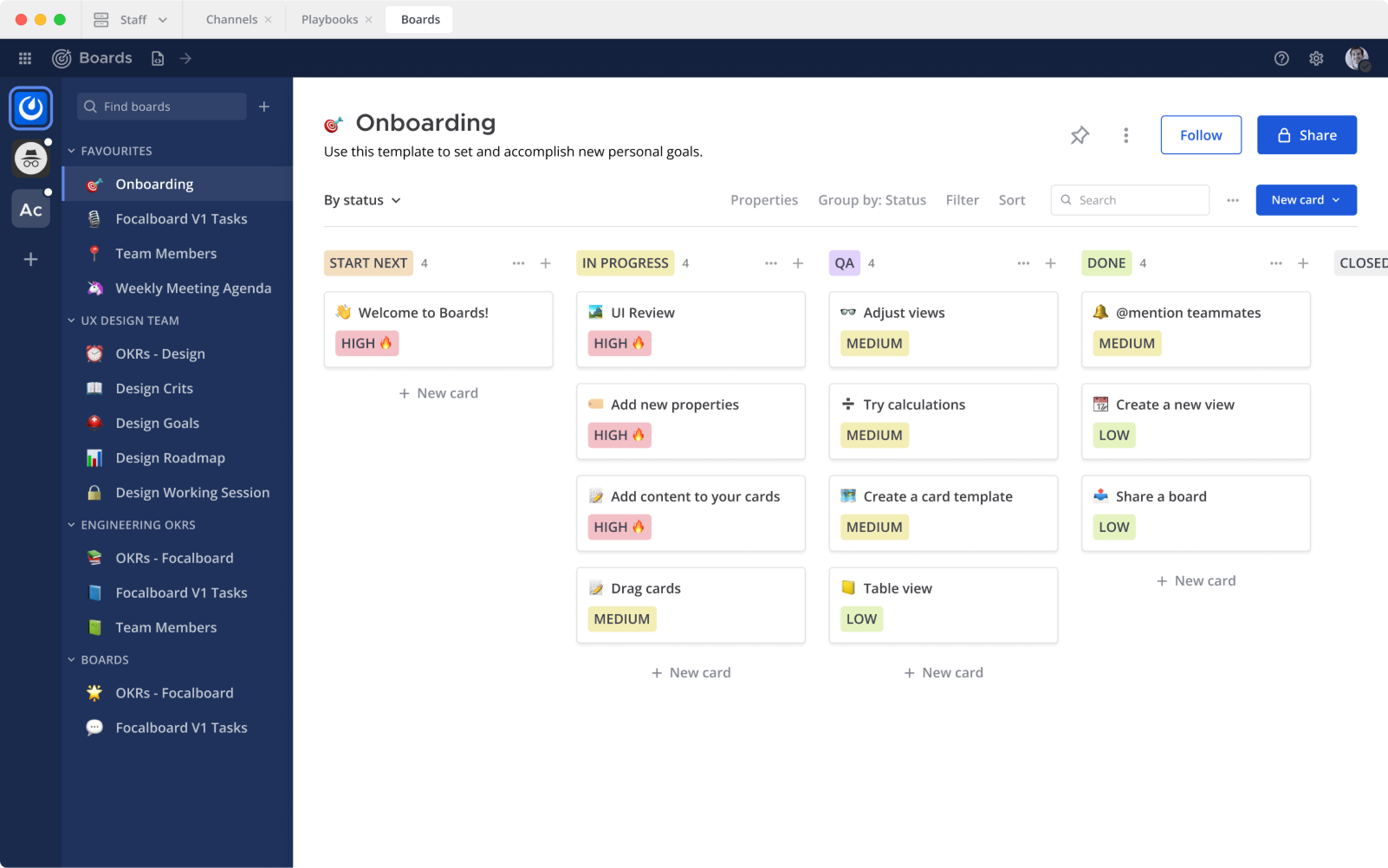
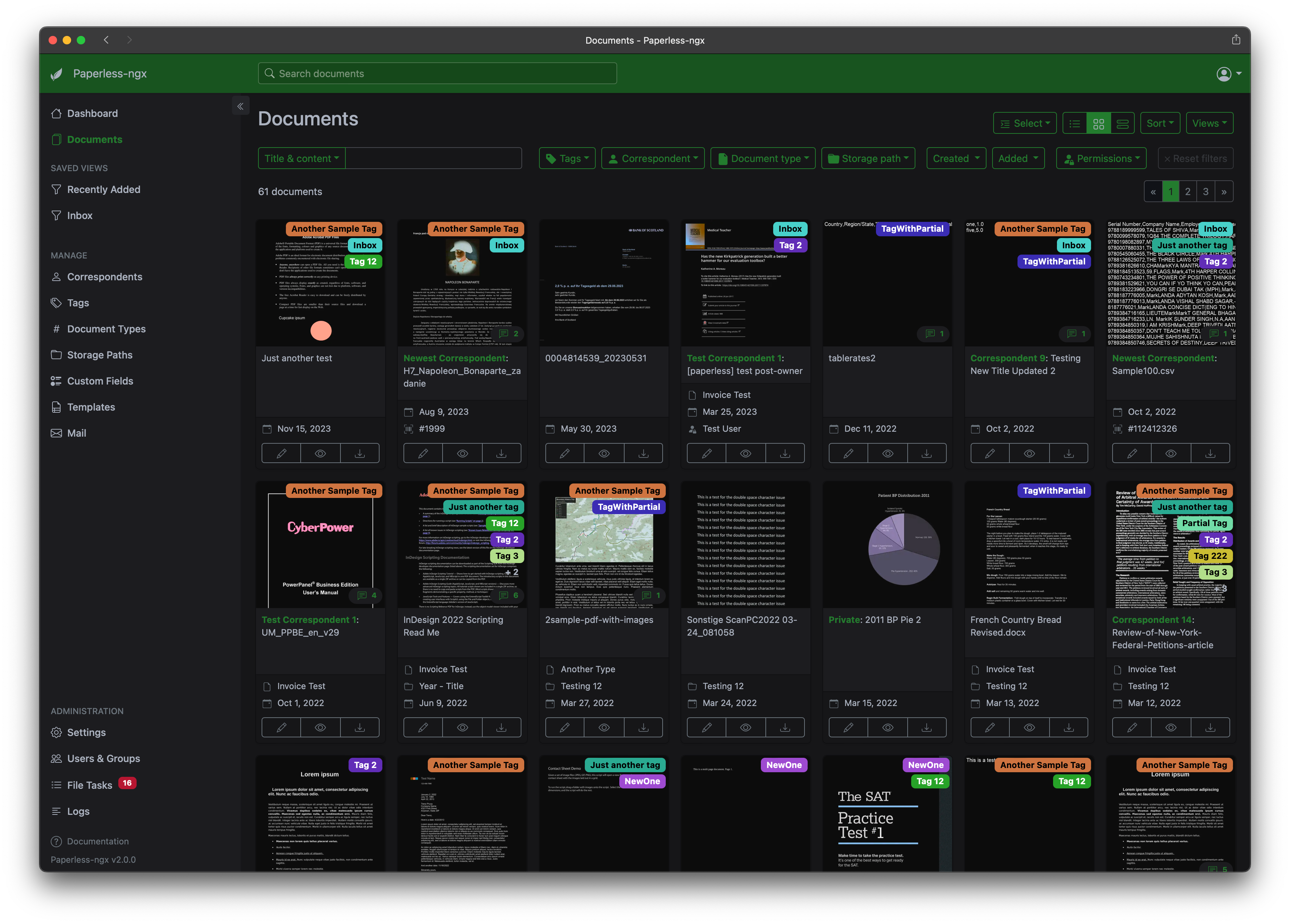





Leave a Comment
Your email address will not be published. Required fields are marked *